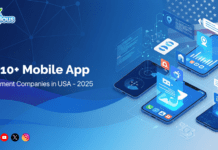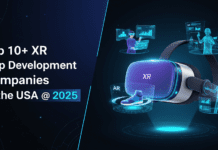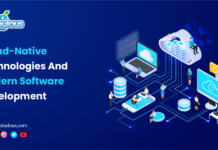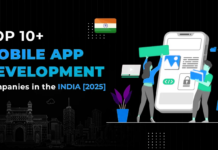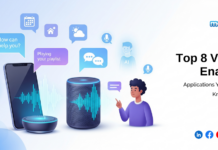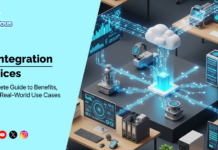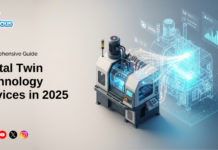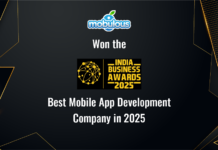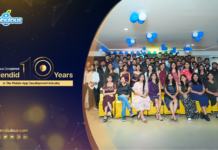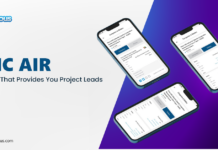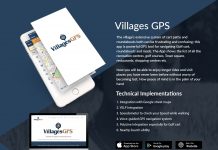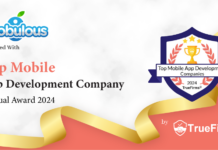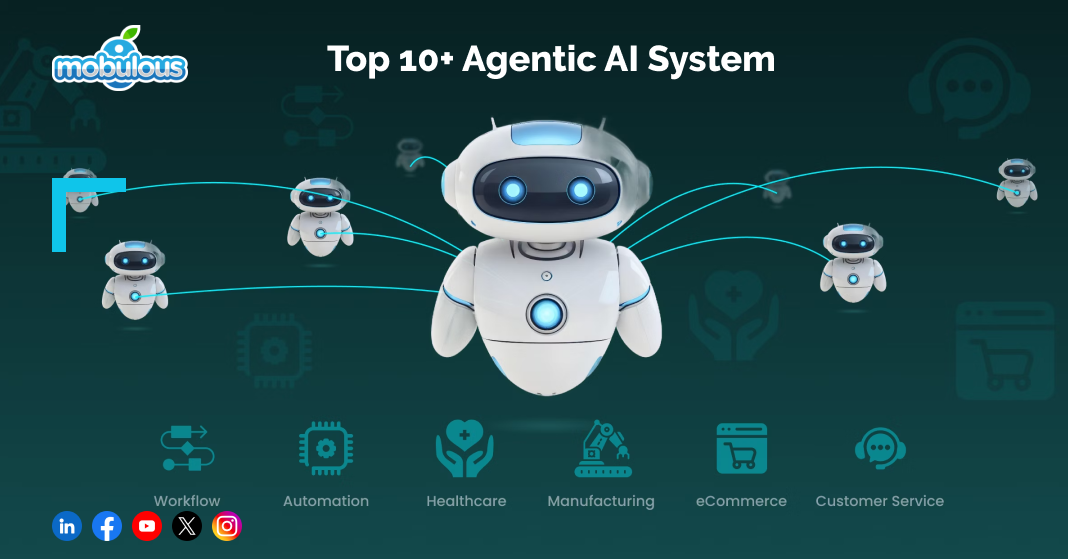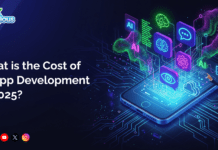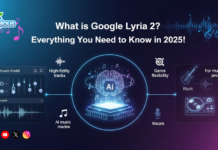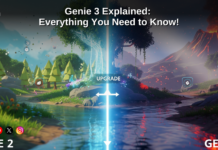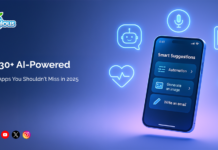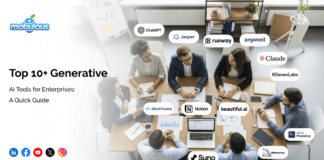Understanding Agentic AI
Agentic AI refers to artificial intelligence systems that act as independent agents capable of making decisions, executing tasks, and learning from results with little human oversight. Unlike traditional AI that waits for commands, agentic AI proactively plans and adapts, making it powerful for solving complex, multi-step challenges in real-world environments.
For businesses looking to develop or integrate cutting-edge agentic AI systems, partnering with an experienced AI & ML development company can help turn these advanced capabilities into actionable, real-world solutions.
List of Top 10+ Agentic AI in 2025
- Operator by OpenAI
- Copilot agents by Microsoft
- Agentforce by Salesforce
- UiPath
- CrewAI
- Moveworks
- ServiceNow
- Adept
- Orby
- Aisera
- Beam
- Kore.ai
Read more: Google I/O Connect India 2025: Highlights You Need to Know
Top 12 Agentic AI: Key Features, Best For, Pros & Cons
1. Operator by OpenAI
Operator by OpenAI is a leading agentic AI system designed to manage multi-step workflows autonomously. It helps businesses by executing complex tasks, integrating with tools, and adapting to user goals. Its strength lies in combining natural language processing with autonomous decision-making for intelligent task completion.
Key Features of Operator:
- Natural language task execution
- Multi-step workflow automation
- Context-aware decision-making
- Tool and API integration
- Adaptive learning capabilities
Best For: Enterprises automating workflows
| Pros of Operator | Cons of Operator |
| Intelligent planning | Limited access |
| High adaptability | Resource-heavy |
| Smooth integration | Complex setup |
2. Copilot Agents by Microsoft
Microsoft’s Copilot Agents extend the power of AI into productivity platforms like Office 365. As an agentic AI, they not only draft documents or analyze spreadsheets but also anticipate needs, suggest actions, and automate processes across Microsoft’s ecosystem to save time and boost efficiency.
Key Features of Copilot Agents:
- Integration with Office apps
- Real-time contextual suggestions
- Task automation in workflows
- Enterprise security compliance
- Cloud scalability
Best For: Office productivity optimization
| Pros of Copilot Agents | Cons of Copilot Agents |
| Time-saving | Ecosystem locked |
| Deep integration | Internet required |
| Reliable security | Subscription costs |
3. Agentforce by Salesforce
Agentforce is Salesforce’s agentic AI tailored for customer relationship management. It automates support, predicts customer needs, and manages sales processes. By blending autonomy with CRM insights, Agentforce enhances user experience and helps businesses respond proactively to customer demands with greater personalization.
Key Features of Agentforce:
- CRM-driven automation
- Predictive customer insights
- Smart case routing
- Personalized recommendations
- Scalable for enterprises
Best For: Customer relationship management
| Pros of Agentforce | Cons of Agentforce |
| Customer-focused | Salesforce dependent |
| Data insights | High cost |
| Scalable solution | Training needed |
4. UiPath
UiPath is an agentic AI system that specializes in robotic process automation (RPA). It enables organizations to automate repetitive tasks, from data entry to workflow approvals, with minimal human involvement. Its agentic capabilities allow adaptive, goal-driven execution beyond simple automation scripts.
Key Features of UiPath:
- RPA with AI integration
- Drag-and-drop automation design
- Cross-application support
- Intelligent document processing
- Analytics dashboard
Best For: Business process automation
| Pros of UiPath | Cons of UiPath |
| Wide usability | Steep learning |
| Strong ecosystem | Expensive plans |
| Efficiency boost | Resource intensive |
5. CrewAI
CrewAI is a collaboration-focused agentic AI system that deploys multiple agents working together on complex tasks. Instead of a single agent, it uses a “crew” of AI agents that share roles and responsibilities, making it ideal for projects that require coordination and parallel processing.
Key Features of CrewAI:
- Multi-agent collaboration
- Role-based task execution
- Adaptive coordination strategies
- Workflow optimization tools
- Cross-platform integration
Best For: Collaborative task management
| Pros of CrewAI | Cons of CrewAI |
| Team synergy | Complex management |
| Scalable workflows | Integration limits |
| High flexibility | Slower adoption |
6. Moveworks
Moveworks is an agentic AI platform for enterprise IT support. It autonomously resolves employee requests, ranging from password resets to system access. By understanding intent and acting independently, Moveworks reduces ticket backlogs and enhances employee productivity with minimal IT intervention.
Key Features of Moveworks:
- Automated IT issue resolution
- Natural language understanding
- Proactive ticket management
- Enterprise integrations
- Real-time learning
Best For: IT helpdesk automation
| Pros of Moveworks | Cons of Moveworks |
| Quick resolution | Limited scope |
| Employee support | IT focuses only |
| Reduced backlog | Setup complexity |
7. ServiceNow
ServiceNow leverages agentic AI to automate IT and business workflows. Its AI agents can anticipate issues, recommend fixes, and resolve problems without manual effort. With deep enterprise integration, it empowers companies to deliver faster, smarter operations at scale.
Key Features of ServiceNow:
- Enterprise workflow automation
- Predictive issue detection
- Integrated AI chatbots
- Analytics and monitoring
- Cross-department coordination
Best For: Enterprise service management
| Pros of ServiceNow | Cons of ServiceNow |
| Predictive power | Expensive deployment |
| Strong automation | Complexity barrier |
| Enterprise-ready | Vendor reliance |
8. Adept
Adept focuses on creating agentic AI systems that understand and execute digital tasks across applications. Its agents operate computers like humans, reading and responding on-screen, which makes it versatile for cross-software operations and digital process automation.
Key Features of Adept:
- Natural interaction with software
- Cross-application adaptability
- Human-like digital execution
- Continuous learning system
- Broad integration potential
Best For: Digital task execution
| Pros of Adept | Cons of Adept |
| Wide adaptability | Early stage |
| Human-like actions | Integration gaps |
| Learning capable | High demand |
9. Orby
Orby is an agentic AI designed for conversational and process automation. It combines dialogue with workflow management, enabling businesses to automate customer interactions while ensuring tasks are executed based on conversation outcomes.
Key Features of Orby:
- Conversational automation
- Workflow execution from chat
- Customizable agent personas
- CRM and tool integration
- Context retention
Best For: Conversational workflow automation
| Pros of Orby | Cons of Orby |
| Natural interaction | Narrow focus |
| Easy setup | Limited scalability |
| CRM friendly | Market competition |
10. Aisera
Aisera uses agentic AI to deliver AI-driven support across IT, HR, and customer service. Its agents resolve requests autonomously, reducing dependency on human teams. It learns from interactions to provide better, faster support over time.
Key Features of Aisera:
- Autonomous service resolution
- Multi-department coverage
- Natural language engine
- Predictive learning
- Integration with ITSM/CRM
Best For: Enterprise support services
| Pros of Aisera | Cons of Aisera |
| Fast response | Expensive adoption |
| Broad coverage | Complex setup |
| Learning system | Limited customization |
11. Beam
Beam is a lightweight agentic AI platform built for businesses needing task automation with minimal overhead. It focuses on agility, enabling teams to deploy agents quickly for targeted operations without massive infrastructure costs.
Key Features of Beam:
- Lightweight agent deployment
- Quick setup and scaling
- Task-specific automation
- Flexible workflows
- API-friendly design
Best For: Small to mid-sized businesses
| Pros of Beam | Cons of Beam |
| Quick setup | Limited scale |
| Cost friendly | Fewer features |
| Flexible use | Less support |
12. Kore.ai
Kore.ai is an agentic AI platform specializing in conversational automation. It powers chatbots, virtual assistants, and autonomous workflows for enterprises, providing personalized, context-aware interactions that improve customer engagement and employee productivity.
Key Features of Kore.ai:
- Conversational AI engine
- Virtual assistant automation
- Omnichannel support
- Contextual conversation memory
- Enterprise-grade security
Best For: Conversational agents and support
| Pros of Kore.ai | Cons of Kore.ai |
| Omnichannel support | High pricing |
| Strong security | Steep learning |
| User friendly | Limited flexibility |
Read more: 25+ Vibe Coding Tools: Pricing, Key Features, Use Cases, Pros & Cons
Conclusion
Agentic AI is moving beyond simple automation into systems that act, adapt, and learn like digital coworkers. From managing workflows to improving customer service, these 12 platforms highlight the range of possibilities for 2025. As businesses adopt agentic AI, they unlock new levels of efficiency, creativity, and growth.
Partnering with a business consulting company can help your organization seamlessly integrate and optimize agentic AI, driving long-term success and innovation.
FAQs – Top Agentic AI
Q1. What are the types of agentic AI?
Agentic AI systems can be divided into single-agent and multi-agent models. Single-agent systems work sequentially, handling tasks one after another, while multi-agent systems collaborate and scale better. These types include reflex agents, model-based reflex agents, goal-based, utility-based, and learning agents, each with unique strengths.
Q2. What is the difference between generative AI and agentic AI?
Generative AI focuses on producing content like text, code, or images, while agentic AI is built to act autonomously toward specific goals. Agentic AI may use generative models but extends beyond creation to decision-making, planning, and action, making it more execution-oriented.
Q3. What is Agentic AI in ChatGPT?
In ChatGPT, agentic AI means the system can act independently, not just generate text. It breaks down goals into sub-tasks, interacts with tools, and manages processes with minimal guidance. This evolution lets ChatGPT move from reactive conversation to proactive problem-solving and execution.
Q4. Is agentic AI the future?
Yes, agentic AI represents a big shift in artificial intelligence. Instead of waiting for input, it autonomously plans, acts, and achieves goals. This evolution promises to reshape industries, streamline work, and open new opportunities, making agentic AI a central part of the future.
Q5. What are the best agentic AI Tools in 2025?
- Operator by OpenAI
- Copilot agents by Microsoft
- Agentforce by Salesforce
- UiPath
- CrewAI
- Moveworks
- ServiceNow
- Adept
- Orby
- Aisera
- Beam
- Kore.ai

